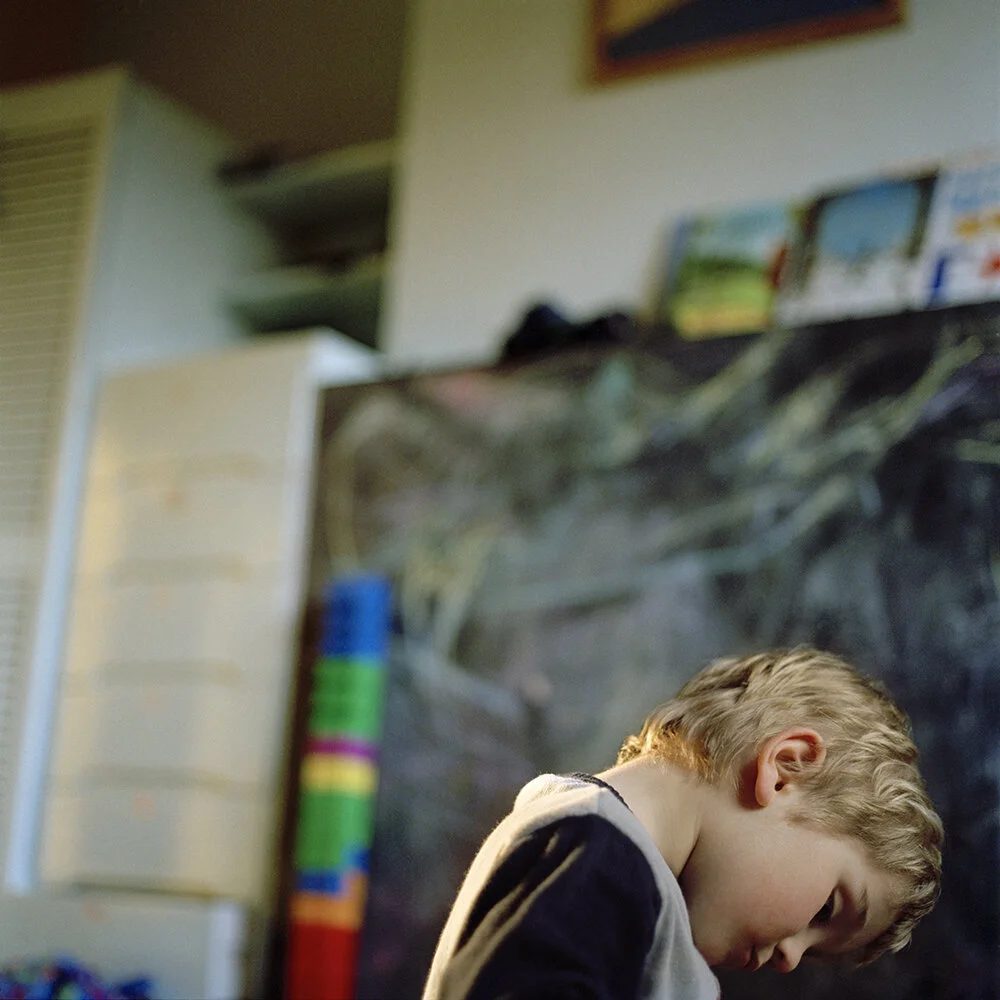Domestic Drift
Domestic Drift is concerned with everyday life - the ordinary activities, states of mind and conditions of existence that fill time outside the moments of drama and spectacle. It examines the sense of ordinariness inherent in the repetitive, habitual work of home while trying to appreciate the experience as simultaneously mundane and precious.
The everyday is complex terrain. It is always there, readily and universally available; surely it is so obvious that it needs no unveiling. And yet, it is also shrouded in haze, our sense of it dulled by familiarity and habit. It may induce a feeling of comfort in simple rituals or of imprisonment in tedious routine. While the ordinary and unremarkable constitute the fabric of much of life, our attention is lured away from the quotidian toward the dramatic and exotic.
Inspired by Guy Debord's Theory of the Dérive, I began by following his directions:
'In a dérive, one or more persons during a certain period drop their usual motives for movement and action, their relations, their work and leisure activities, and let themselves be drawn by the attractions of the terrain and the encounters they find there.'




















